The content on this website is for informational purposes only and is not meant to replace professional or medical advice. See our full disclaimer.
Self-care is important for everyone: it’s what prevents us from burning out from the demands of daily life.
Unfortunately, when you have ADHD, not only can it be hard to remember to look after yourself, but it can be harder to want to look after yourself.
For this reason, ADHD self-care may look a little different for us than for a neurotypical person. It may involve turning our basic needs into a more intentional practice rather than just the occasional bubble bath or deep tissue massage.
ADHD Top TiP
Think of self-care as preventative, not a last resort when it’s already too late!
Jump to:
What Exactly is Self-Care?
Self-care is doing things for yourself, on a regular basis, that feel nourishing.1https://www.everydayhealth.com/self-care/ It doesn’t need to cost money or take up hours of your day. It is simply about checking in with yourself, physically and mentally, then catering to your needs.
There are different types of self-care, some obvious and others you may not think of. These include:
- Physical Self-Care: Taking care of your body, like exercising, eating healthy, and getting enough sleep.
- Emotional Self-Care: Handling your emotions in a healthy way, like talking about your feelings or writing in a journal.
- Mental Self-Care: Keeping your mind active and happy through activities like reading or doing puzzles.
- Social Self-Care: Spending time with friends and family, and making sure you have good relationships.
- Personal Self-Care: Doing things you enjoy alone, like hobbies or relaxing.
- Professional and Educational Self-Care: Making sure you have a good balance between work or school and your personal life.
- Financial Self-Care: Managing your money wisely to reduce stress, like budgeting or saving.
Each type helps you take care of a different part of your life, making sure you feel good overall.
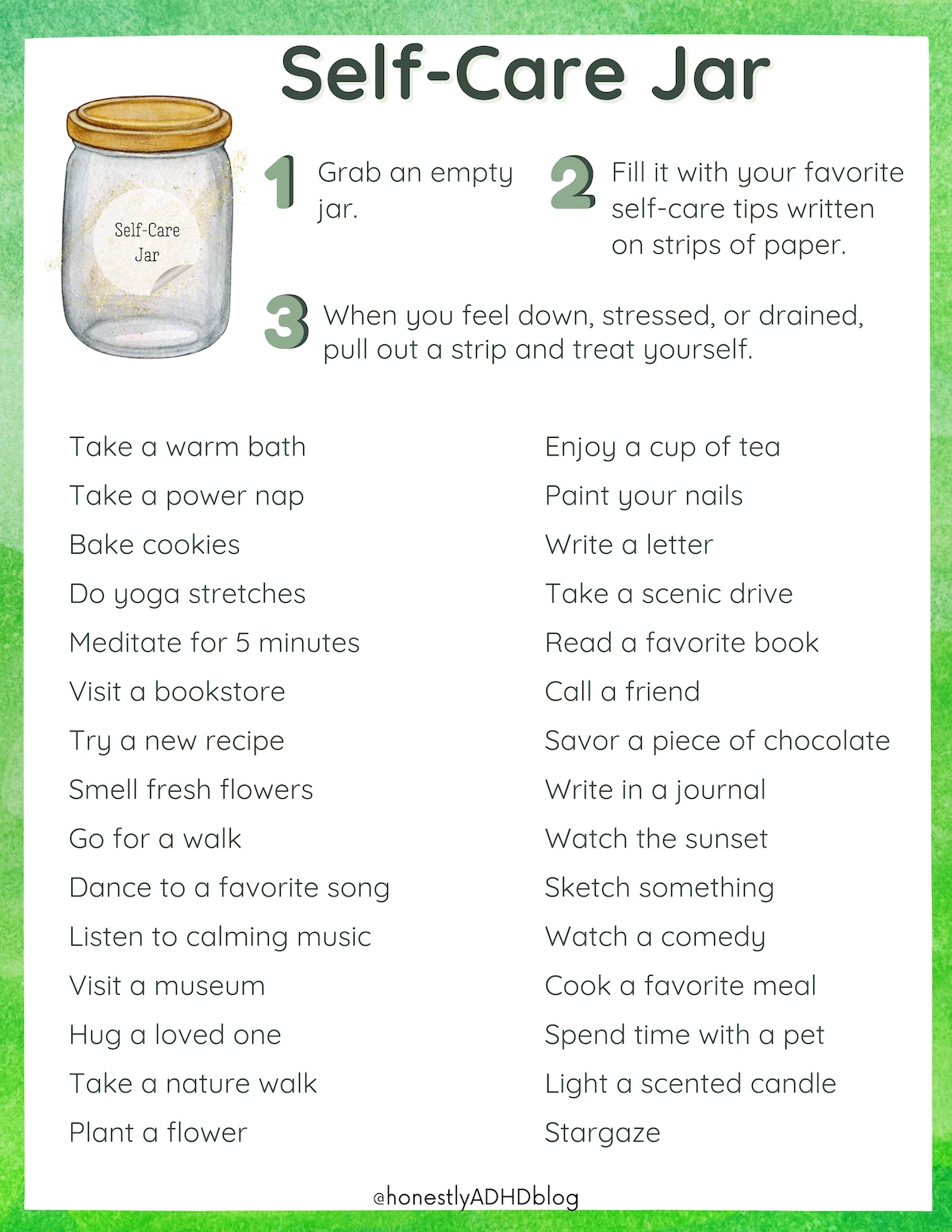
How to be Consistent with Self-Care as an ADHDer
Taking care of yourself should be at the top of your wellness goals, but how do we stay consistent?
ADHDers have a hard time sticking to routines, but there are ways to make it easier and turn self-care into daily habits.
- Intentional Practice: Choose self-care activities that you enjoy. This makes it easier to look forward to them and incorporate them on a daily basis.
- Pair with Pleasure: Link self-care with an activity you love. For instance, listen to music while exercising or meditating.
- Embed in Daily Routines: Attach a new self-care habit to an existing daily activity. If you always have breakfast, follow it with a short mindfulness session.
- Set Realistic Goals with our Free Goal-Setting Worksheets: Unrealistic goals are a thing ADHD people often struggle with, which leads to disappointment when we inevitably fail. Instead, aim for achievable self-care goals. Start small and build up gradually (and try our free planner below)!
- Visual Reminders: Use notes, alarms, or habit trackers to remind yourself. Seeing these cues can prompt you to act.
- Patience and Kindness: Understand that building new, healthy habits takes time and some days will be more challenging than others.
By making self-care enjoyable and part of your everyday life, you take better care of yourself consistently.
ADHD Self-Help Strategies to Minimize Burnout
Your top priority when it comes to self-care should be finding what works for you: remember, we are all different.
Give yourself time to try various practices and do your best to see it as a positive thing to do for yourself rather than another demand to tick off your to-do list.
Physical Self-Care
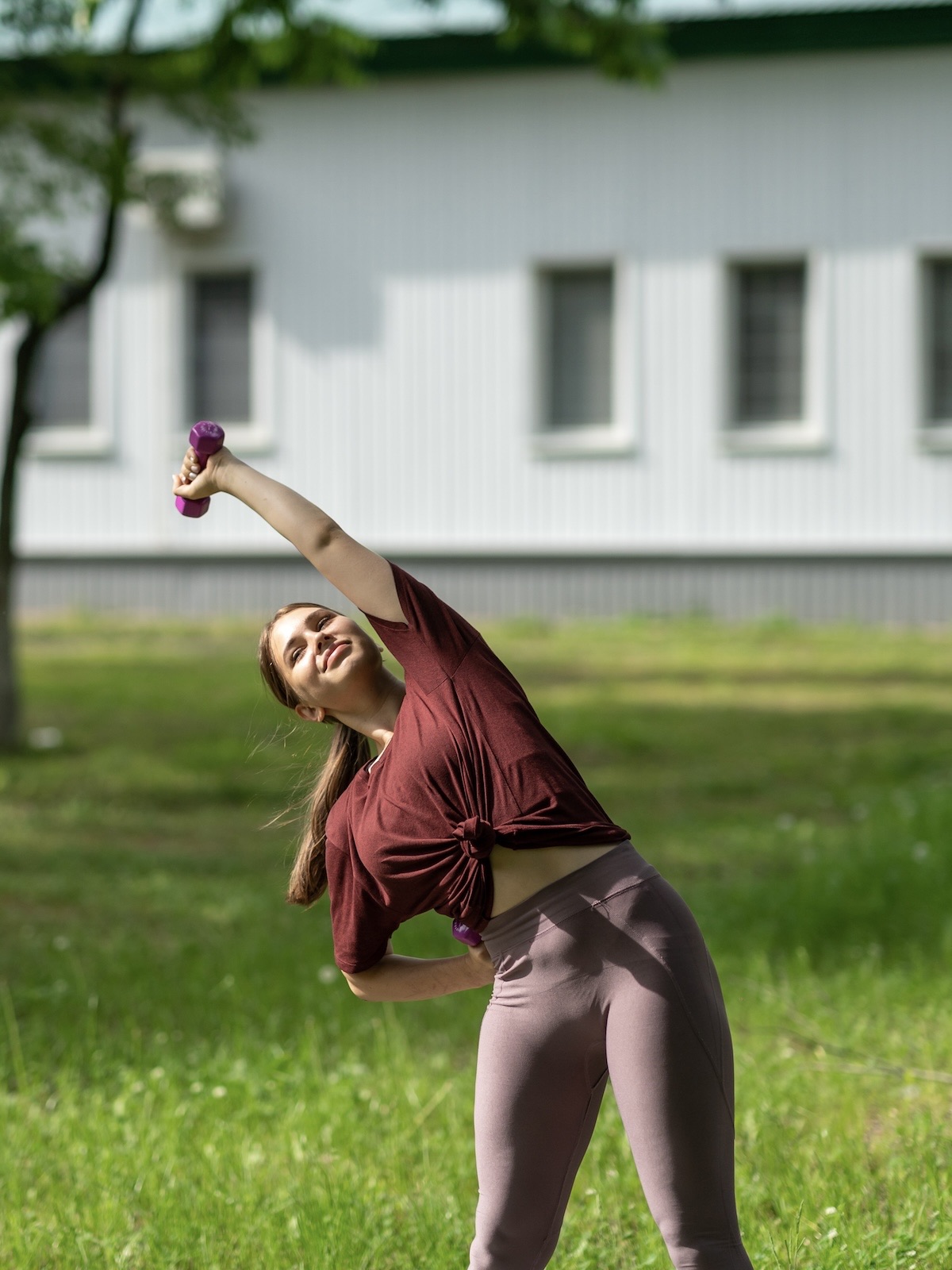
- Find a form of movement that you enjoy to burn off excess energy. Stretching, weightlifting, dancing, jogging, or yoga are all great ways to recenter, destimulate and relax.
- Aim to have a balanced diet. Eat 3 meals a day: a healthy diet can directly help with managing stress and avoiding burnout.
- Drink PLENTY of water! One of the single best things you can do for your mental and physical health is to drink enough water.
ADHD Top Tip
Keep easy food options handy for no-stress meals, and set reminders on your phone as a prompt to eat/drink. These water bottles have goals printed on them and help to get enough H20 in your system.
- Prioritize personal hygiene. Timed toothbrushes help ensure you are brushing long enough, and time management clocks can help manage time during busy morning routines.
- Our free printable checklists are available for kids and ADHD adults to help them remember the important things that must be done.
Mental Self-Care
- Listen to a low-stimulation podcast. When you are trying to relax it’s not the time for a gruesome true crime, dooming news, or high-intensity entertainment podcast. Relaxing is the time for comedy, meditative, or easily digestible gossip pods.
- Read a book on your current hyperfixation. Let yourself enjoy the topic that is fueling your serotonin.
- Give yourself a break. You deserve grace and patience, especially from yourself. People with ADHD tend to be overly critical of themselves. Interrupt cycles of negative thought by thinking, “Would I let a stranger talk to someone I love like this?” If the answer is no, then don’t talk to yourself with that kind of disrespect.
- Accept help from your support system to avoid mental overwhelm. Just reaching out to a friend for a coffee break can seem daunting, but the rewards are worth it.
- ADHD medication, prescribed by your doctor, can be instrumental in helping manage symptoms and supplying you with more tools for self-care.
Emotional Self-Care
- Consider therapy or counseling (ideally an ADHD-friendly one). Counselors and therapists can be very effective for the ADHD mind. An objective, outside perspective can give unique insight and personalized help. Expert advice from a trained professional can enact many positive changes in life.
- Try meditation or journaling to improve self-awareness and patience. This ties into the mindfulness of being actively aware of our emotions and being able to more accurately determine their effect.
- Practice identifying your emotions and notice how it feels. The concept of simply naming emotions has been shown to lessen the emotional impact of that emotion. For example, “I am experiencing frustration” is a term you could say while stuck in traffic. It helps--give it a shot!
Social Self-Care

- Reconnect with a friend without feeling guilty that you forgot to respond to their last text. It’s amazing how much just texting your friend “I'm sorry I didn’t text back--I am not great at texting sometimes” can help. They are your friend, and they will just be happy that you initialized and reached out.
- Join an ADHD support group.
- Take regular social media breaks.
ADHD Top Tip
Set time limits on apps to avoid doomscrolling and launching down rabbit holes.
Financial Self-Care
- Write down your income and outgoings (how much money you have in and how much is going out), including any debt you have.
- Set yourself a budget for ‘impulse’ buys. Don’t deny yourself all small bits of happiness that money can buy, just have a set budget for it.
- Ask for help if you need advice or guidance sorting your finances (sometimes we may just need someone to sit with us while we set up a direct debit or a plan to pay off debts. There is no shame in asking for help). Friends and family want to feel helpful and important in your life--let them in!
Personal Self-Care

- Choose a small area of your room or house to de-clutter. A minimized part of a room can be a great place for reflection and mindfulness.
ADHD Top Tip
Break the task down into small chunks, set a timer, and see how much you can clean and organize in 10 minutes. This creates urgency and challenge.
- Spend time engaging in a hobby. No matter how nerdy or obscure it is.
- Identify where you ‘mask’ and practice unmasking. Masking takes a lot of emotional energy, the more you can be unmasked the more energy you have in your reserves.
- Practice turning adhd self-care practices into daily routines by combining them with something you already do regularly. For instance, right after you brush your teeth, do a relaxing breathing exercise (described in our mindfulness article).
Professional and Educational Self-Care
- Set boundaries at work or school (e.g., say no to overworking or studying after a certain time in the evening). Lots of us ADHDers want to say yes to covering that extra shift, and yes to that late-night study session, but we need to ensure that we are keeping time for ourselves.
- Ask for any accommodations you may require. Sometimes wearing headphones (with nothing playing) when driving, writing, or doing housework helps with focus and to de-stimulate the environment.
- Find a time management tool that works for your brain.
ADHD Top Tip
Check out our article on 8 Ways to Start Tasks with ADHD. Methods such as the Pomodoro Technique can help start tasks, manage hyperfocus, and encourage regular breaks.
Why Do ADHDers Struggle with Self-Care?
ADHD self care is often easier said than done.
The unique struggles of ADHD can cause potential barriers when it comes to taking care of ourselves, such as:
- time management
- organization
- prioritization
- working memory
- attention regulation
What seems like a non-issue for most can take up an inordinate amount of mental energy for ADHDers. This can lead to emotional ups and downs and trouble with planning and decision-making.
Below are just some of the things that add to our mental load and skyrocket our stress levels:
- remembering appointments
- filling out paperwork
- organizing bills
- Using the vegetables in the fridge before they go bad
This extra mental effort increases stress levels, overwhelms us, and leaves us with little energy for self-care. This makes us more prone to ADHD burnout.2https://www.webmd.com/add-adhd/adult-adhd-burnout
In fact, research shows we may be 30% behind in executive age due to the differences in our inattentive, hyperactive and/or impulsive ADHD symptoms.
Understanding these negative aspects of ADHD is the first step. By recognizing these challenges, you can find unique self-care strategies that work specifically for your ADHD brain.
Benefits of Self-Care
Here's why taking care of yourself is so important:
- Helps manage stress – Stress plays an active role in ADHD burnout, so by incorporating self-care into your routine, you also minimize burnout.
- Supports emotional regulation – Self-care practices can help us to pause between feelings and reactions giving us time to slow down, breathe and enjoy.
- Improves self-awareness – Taking time to stop each day and check in with yourself can help identify triggers and areas that may need some TLC.
- Helps to balance the nervous system – ADHDers operate from the sympathetic nervous system (fight-or-flight response). Self-care practices such as deep breathing or listening to a relaxing song activate our parasympathetic nervous system which regulates our ability to rest and replenish.3https://my.clevelandclinic.org/health/body/23262-sympathetic-nervous-system-sns-fight-or-flight
- Improves health – Common self-care practices have been linked to longevity and positive health outcomes.
- Supports mental health – Creating good habits with self-care goes a long way in reducing anxiety, depression, and overwhelm.
- Creates healthier relationships – Feeling happier in yourself can be reflected in your relationships.
- Helps manage treatment & symptoms– Self-care strategies that support our basic needs such as getting enough sleep and sufficient nutrition will help us manage ADHD symptoms and support treatment like medication or therapy.
Although it may be tempting to hyper-fixate on self-care and do everything all at once...please don’t! Start by taking one activity from the list above and give it a go.
That is an amazing start and something your future self will thank you for.
Free Printable
🖨️ Under the purple heading below, click on the image or the title to download your free PDF(s).
*Free printables by Honestly ADHD are for personal, non-commercial use only. See our FAQ page for more details.*
👇 Click the Image or Title Below to Download
If you enjoyed this content, please consider sharing it! We welcome the use of one of these images with visible credit to Honestly ADHD and a direct link to the article. We appreciate your support!
References:
- 1
- 2
- 3

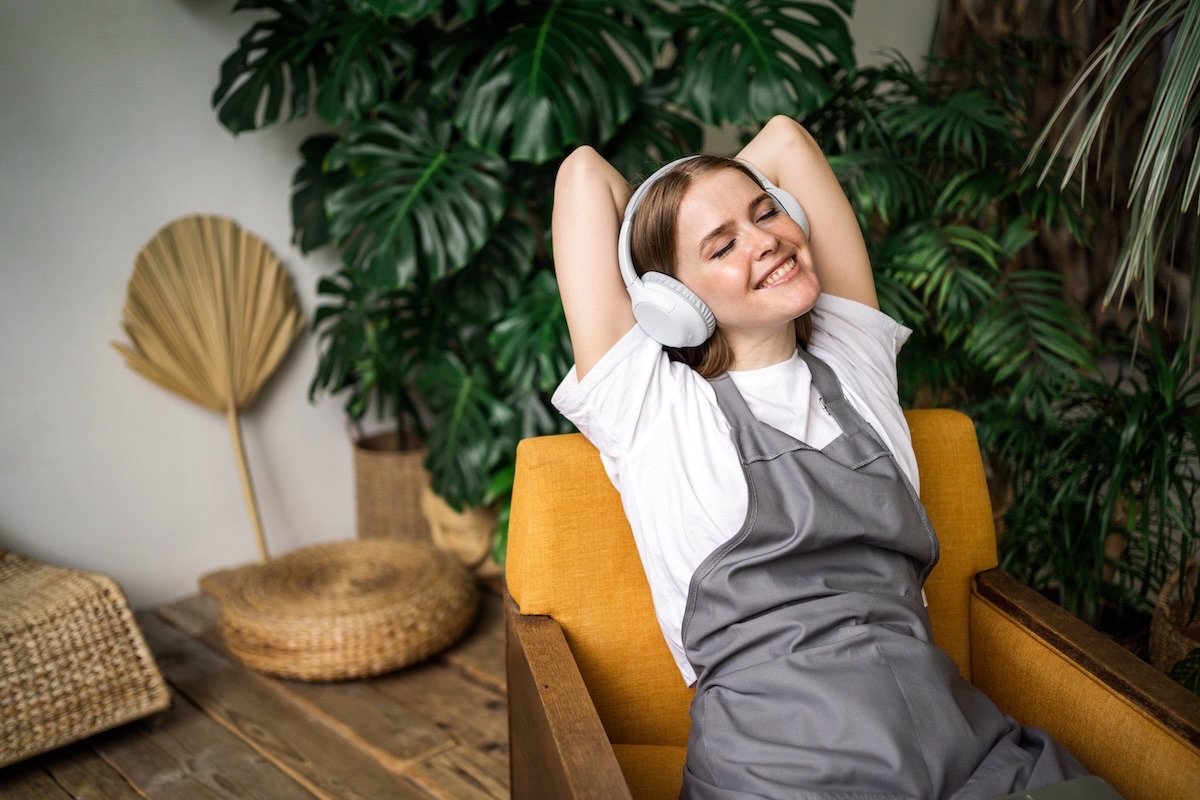
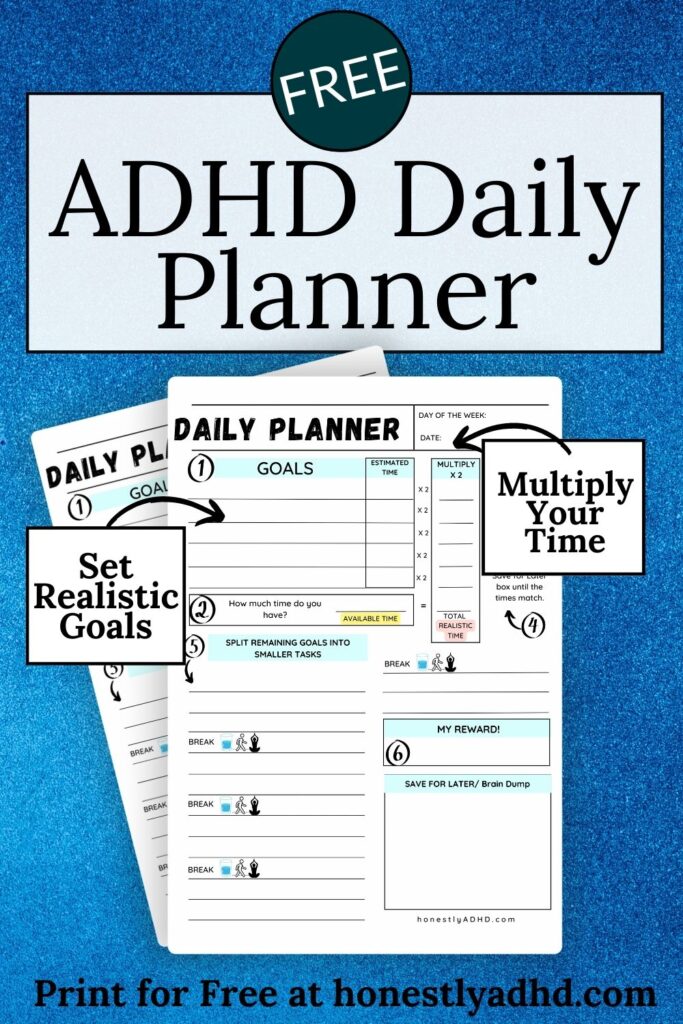


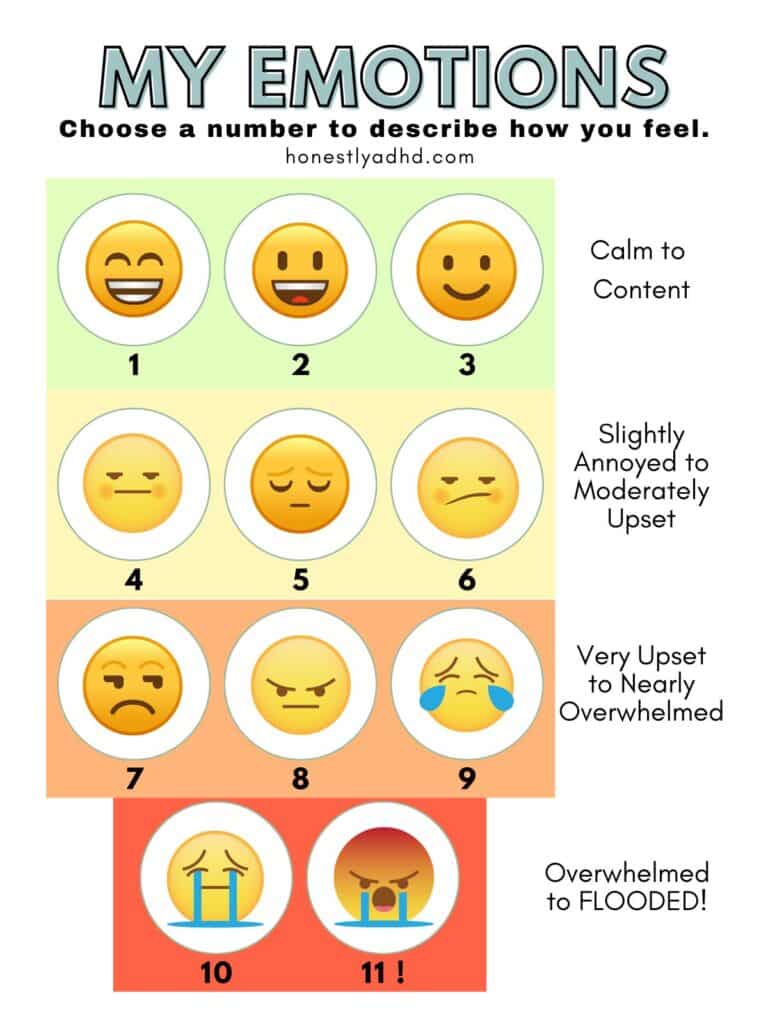

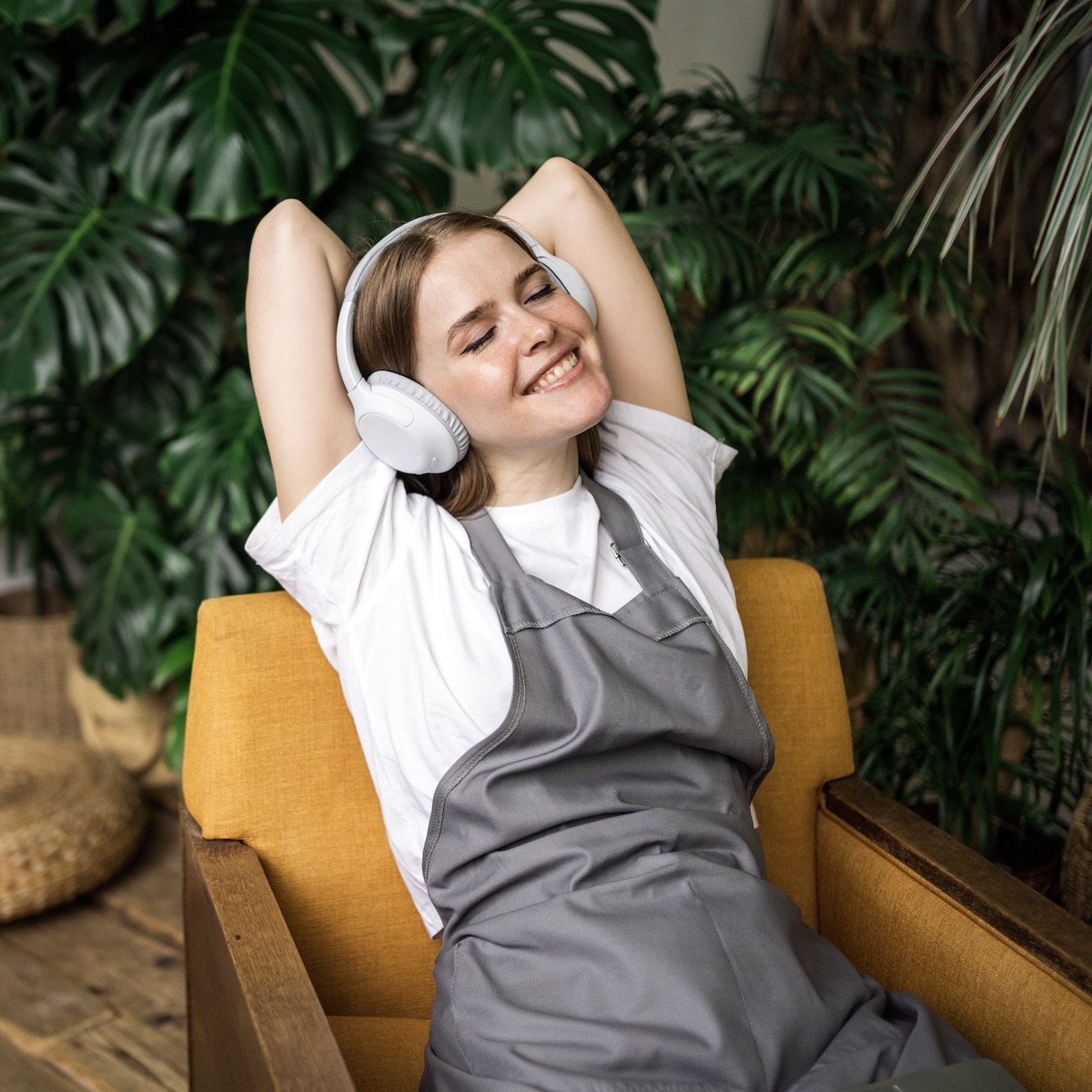
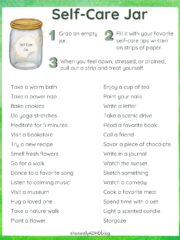
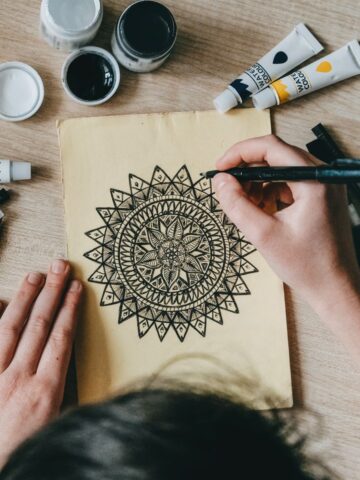
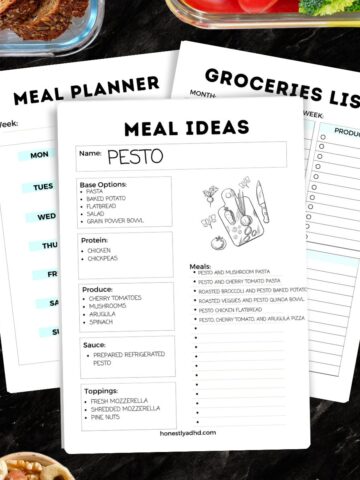
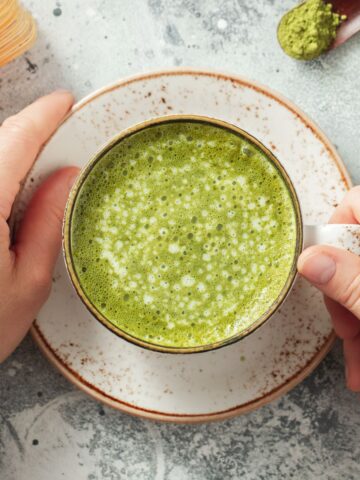
We'd love to hear from you